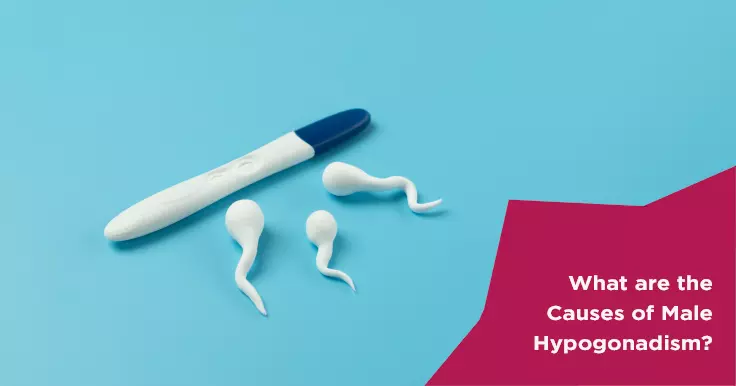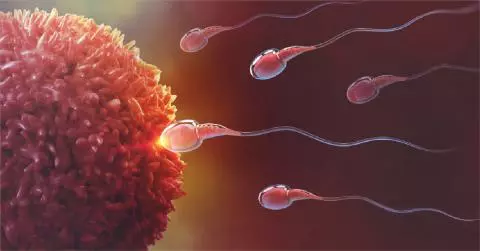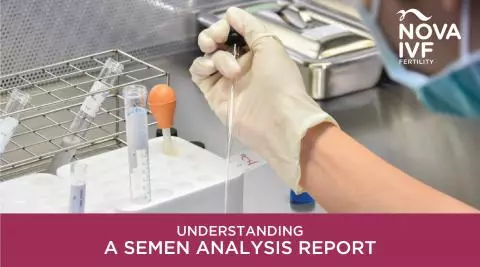What are the Causes of Male Hypogonadism?

Hypogonadism refers to a condition where the body produces little or no sex hormones. This condition can develop at a foetal stage or in adults as a result of an infection or injury. There are two types of hypogonadism; primary and secondary hypogonadism. Primary hypogonadism develops as a result of an issue with the testicles while secondary hypogonadism is caused by a problem with the pituitary gland or hypothalamus.
Causes of Hypogonadism in Males
While the risk of this condition increases with age, the causes differ based on the type of hypogonadism.
Primary Hypogonadism
The common causes of primary hypogonadism include:
Undescended Testicles
This refers to a condition where the testicles do not descend from the abdomen at birth. It may affect one or both testicles. If not corrected in early childhood, it can affect testosterone production.
Klinefelter Syndrome
This is a congenital abnormality where the persons genetic makeup contains an extra X chromosome
Hemochromatosis
Higher than normal levels of iron in the blood can cause pituitary gland dysfunction or testicular failure.
Treatment for Cancer
Radiation or chemotherapy can interfere with sperm and testosterone production. This may be temporary or permanent.
Injury to the Testicles
Damage to both testicles may impair testosterone production.
Mumps Orchitis
If mumps affects the testicles as well as the salivary glands, it can cause long-term testicular damage and impair testosterone production and testicular function.
Secondary Hypogonadism
This may be caused by:
- Pituitary disorders: A pituitary tumour, treatment for brain tumours or abnormality in the pituitary gland can impair testosterone production and cause hormonal deficiencies.
- Kallmann syndrome: This refers to the abnormal development of the hypothalamus.
- Inflammatory diseases such as tuberculosis, histiocytosis and sarcoidosis
- HIV/AIDS
- Use of certain kinds of pain medication
- Obesity
- Weakened immune system resulting from concurrent illnesses
- Untreated Sleep Apnea
 Infertility Counselling
Infertility Counselling Female Infertility Treatment
Female Infertility Treatment Andrology Treatment
Andrology Treatment Fertility Enhancing Surgeries - Female
Fertility Enhancing Surgeries - Female Fertility Enhancing Surgeries - Male
Fertility Enhancing Surgeries - Male Endoscopy Treatment
Endoscopy Treatment IUI Treatment
IUI Treatment IVF Treatment
IVF Treatment ICSI Treatment
ICSI Treatment Advanced IVF Solutions
Advanced IVF Solutions Embryology
Embryology Vitrification Egg, Embryo, Sperm Freezing
Vitrification Egg, Embryo, Sperm Freezing Preimplantation Genetic Testing (PGT)
Preimplantation Genetic Testing (PGT) Donation Program Embryo / Egg / Sperm
Donation Program Embryo / Egg / Sperm Self-cycleTM IVF
Self-cycleTM IVF

 Self-cycleTM IVF
Self-cycleTM IVF










